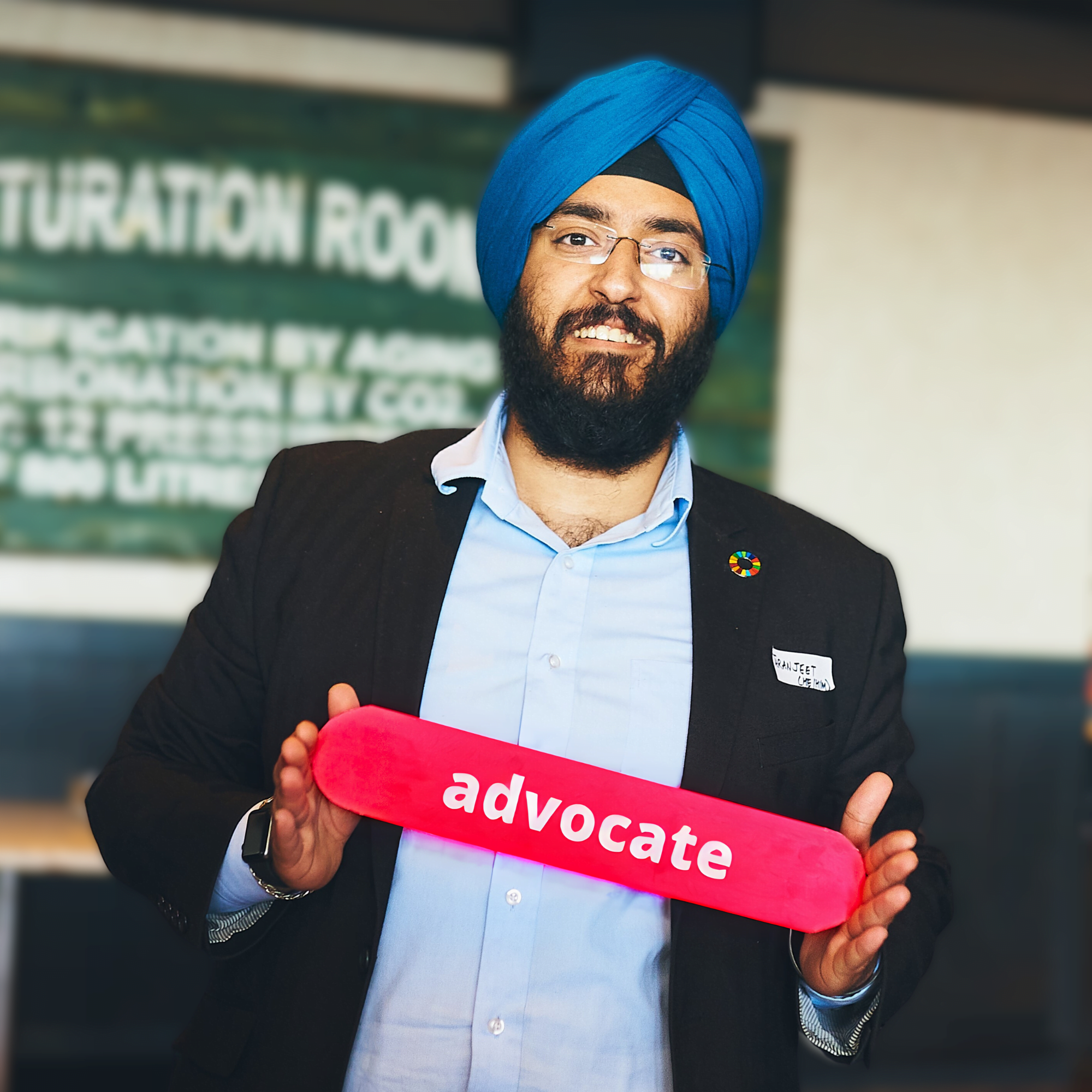
On Monday January 6, Prime Minister Justin Trudeau announced that he will resign as Prime Minister and Liberal Party Leader following a leadership election to replace him. Recently, we’ve learned more about the process that will select the next Liberal Party leader and next Prime Minister.
This short timeline and high entrance fee severely limits the number of candidates who can seriously seek election as Liberal Party leader and so Prime Minister.
At the time of writing, six people have either declared their candidacy or strongly indicated that they will be running:
Despite pressure and speculation, several prominent Liberals have announced that they will not be seeking the leadership, including Finance Minister Dominic LeBlanc, Foreign Affairs Minister Mélanie Joly, Innovation Minister François-Philippe Champagne. Former BC Premier Christy Clark briefly entered the race, only to withdraw stating that “there is simply not enough time to mount a successful campaign.”
Each riding will be weighted equally in the leadership race – regardless of the number of Registered Liberals present. This process will favour areas outside of traditional Liberal strongholds. So, expect to see candidates in places like Regina and Edmonton as much as in Toronto, Montréal, or Atlantic Canada. This is intended to ensure that a Liberal leader will have appeal across the country.
To facilitate the leadership race, Prime Minister Trudeau prorogued (put on break) Parliament until March 24, meaning that normal parliamentary functions, such as committee work and Question Period, are on hold until Parliament resumes.
Once Parliament is back in session, the Government faces a critical vote. On March 26 – only two days after Parliament returns – the House of Commons must vote on interim supply, which provides departments with the funding needed to continue functioning for the next few months. As supply is a matter of confidence in the Canadian Parliament, if this vote fails to pass, the Government will fall, leading to a federal election. All three major opposition parties have indicated that they will vote against the Government. So, unless either the Bloc Québecois or the New Democratic Party make a major about-face, it is very likely that we will have an election called at the end of March.
Without the House of Commons in session, it will be more difficult for the government to commit the money we need to see for a more stable, healthier world. That means progress on some of our campaigns will slow. We will still be pushing hard for Canada to invest in global priorities such as immunization and nutrition, but we expect announcements to be few and far between.
With an election on the horizon, it’s more important now than ever that advocates like us make sure politicians know about the critical work needed to end extreme poverty and malnutrition around the world. They need to know that these are issues that people in Canada care about – and will vote for.
Since Parliament is prorogued, your MP will be back in your riding, listening to your concerns ahead of election 2025.
That’s why it's critical that you get in touch with your MP by sending them a postcard or an email telling them why you care about making sure children around the world have access to nutritious food. Read our latest call-to-action to learn more.
